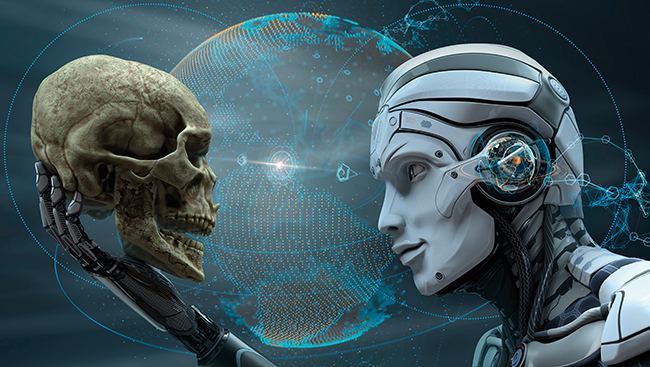Current
Forget AI, Artificial Superintelligence on the Horizon
In what could mark a seismic shift in the technological landscape, experts and industry insiders are now turning their attention from the current wave of artificial intelligence (AI) to the looming emergence of Artificial Superintelligence (ASI).

In what could mark a seismic shift in the technological landscape, experts and industry insiders are now turning their attention from the current wave of artificial intelligence (AI) to the looming emergence of Artificial Superintelligence (ASI). This next frontier in AI development promises capabilities that not only match but vastly exceed human intelligence across all domains.
Recent discussions on platforms like X have highlighted a significant pivot in focus among leading tech companies. Sam Altman of OpenAI has been quoted, via posts on X, suggesting that superintelligence might be just “a few thousand days” away. This forecast, while speculative, underscores a broader consensus that ASI could revolutionize everything from medical research to climate change solutions, potentially unlocking capabilities like radical life extension, practical nuclear fusion, and nanotechnology.
OpenAI, one of the pioneers in AI, has openly discussed its shift towards developing superintelligence, acknowledging both the vast potential benefits and the inherent dangers. An official announcement from OpenAI, as shared on social media, warns that “the vast power of superintelligence could also be very dangerous, and could lead to the disempowerment of humanity or even human extinction.” This dual perspective has initiated a global dialogue on the ethics, safety, and governance of superintelligent systems.
The potential for ASI to outstrip human cognitive abilities in every conceivable area has led to a call for stringent safety measures and ethical guidelines. Roman Yampolskiy, an AI safety expert from the University of Louisville, has advocated for a pause in ASI development until we can ensure these systems are controllable. His research, as detailed in various publications, emphasizes the need for AI safety engineering to prevent unintended consequences from superintelligent entities.
The tech community is also witnessing a surge in collaborative efforts aimed at tackling ASI’s challenges. The Artificial Superintelligence Alliance, described on their website, is dedicated to advancing decentralized, ethical, and safe AI development, bringing together visionaries from companies like Fetch.ai, SingularityNET, and Ocean Protocol.
While the exact timeline for ASI’s realization remains uncertain, the conversation around it is becoming more urgent. As we stand on the brink of this new technological era, the world is grappling with how to ensure that superintelligence serves humanity’s best interests, avoiding the dystopian scenarios often portrayed in science fiction. The race to ASI is not just about achieving superhuman intelligence; it’s about redefining our relationship with technology in a way that safeguards our future.
As society inches closer to this reality, the debate intensifies over what controls, if any, can keep such a powerful force in check, and how we can prepare for a world where machines might outthink us in every conceivable way.




